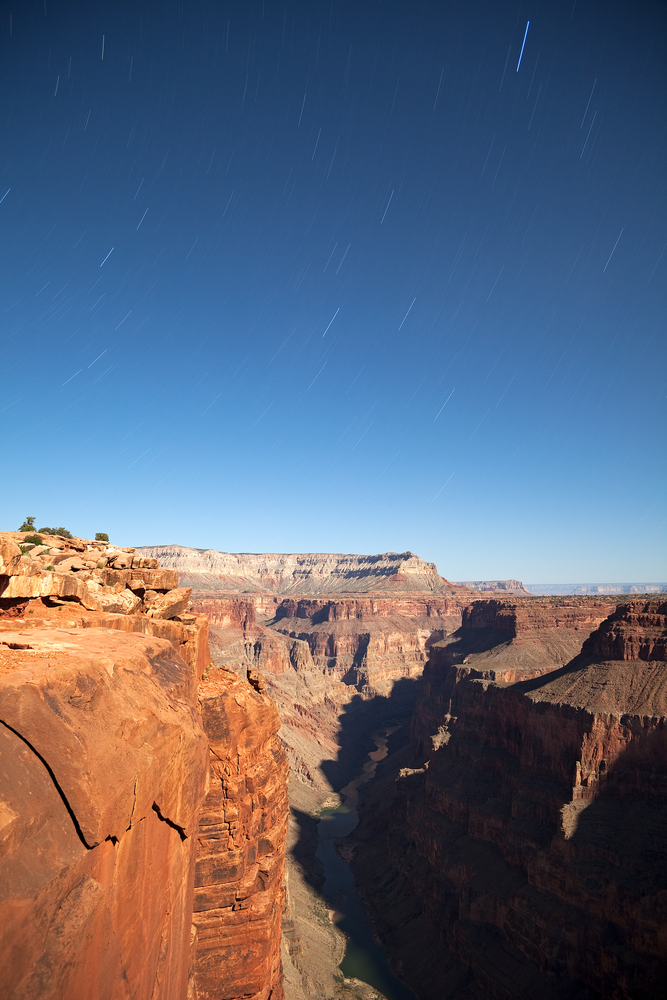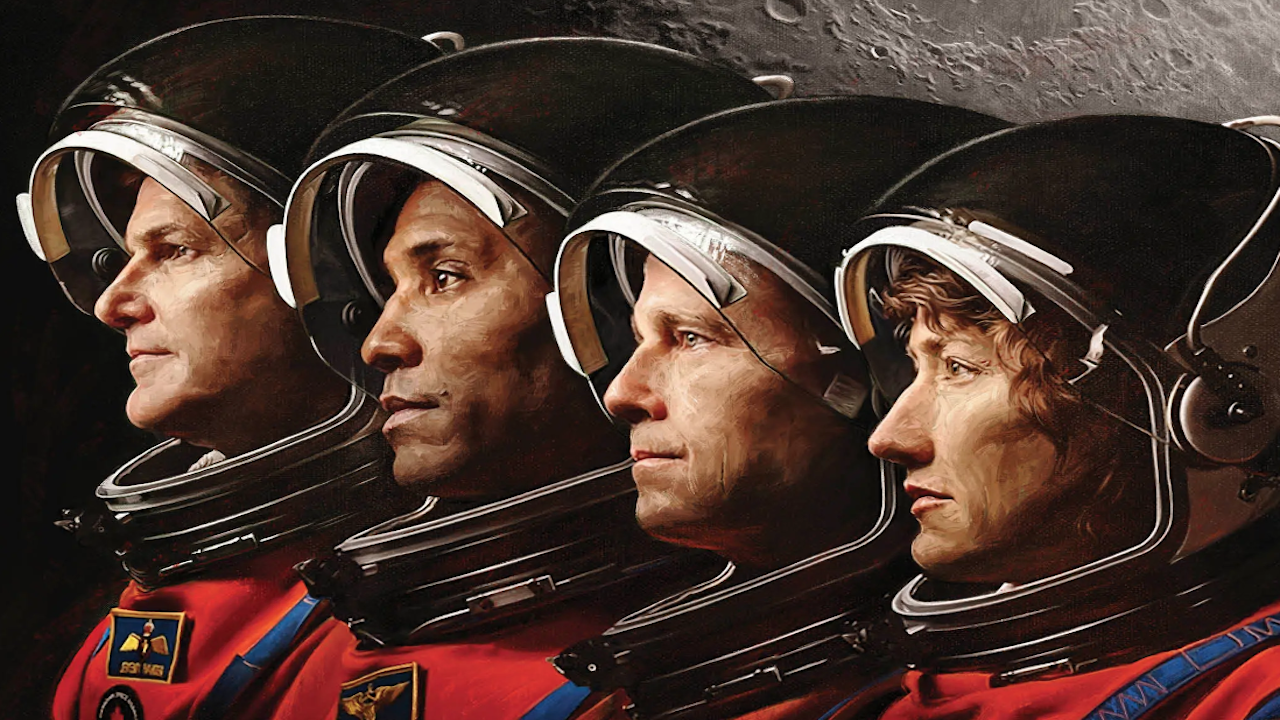Grand Canyon All-Star Party Kicks Off This Weekend

Want to see stars? Then get your earthbound eyeballs to the Grand Canyon — from June 16-23, the national park is hosting the Grand Canyon Star Party, a free event where amateur astronomers from across the country will volunteer their expertise and offer free nightly astronomy programs and telescope viewing.
The event will be take place on the South and North Rims of the canyon.
Visitors will have the chance to view the planet Saturn along with a variety of star clusters, galaxies and nebulas by night, and the sun and planet Mercury by day. The Grand Canyon is one of the best places to stargaze in the United States because it has some of the darkest skies and cleanest air.
On the South Rim, events will include a slide show nightly at 8 p.m. PT, followed by a telescope viewing behind the Grand Canyon Visitor Center. More information can be found at the website for the event.
On the North Rim, telescopes will be set up on the porch of the lodge every evening, with some possibility of daytime scopes available as well. Bulletin boards at the Visitor Center will list additional events such as star talks and special slide show programs in the Grand Canyon Lodge auditorium.
Red flashlights are advised because they prevent the breakdown of a chemical called rhodopsin that allows the eyes to see better at night. This chemical takes 20-40 minutes for the body to generate in the presence of darkness; a bright white light can cause rhodopsin to disintegrate, depleting night sky vision for the next half hour or so.
The event is free (other than paying the park entrance fee of $25 per vehicle, good for seven days of coming and going to either rim.)
Breaking space news, the latest updates on rocket launches, skywatching events and more!
Editor's note: If you attend the event and take photos of the night sky or the event that you'd like to share with us, please send them to OurAmazingPlanet managing editor Andrea Thompson at: athompson@techmedianetwork.com.
This article was provided by OurAmazingPlanet, a sister site of SPACE.com. Follow OurAmazingPlanet for the latest in Earth science and exploration news on Twitter @OAPlanet. We're also on Facebook and Google+.
OurAmazingPlanet was founded in 2010 by TechMediaNetwork, which owned Space.com at the time. OurAmazingPlanet was dedicated to celebrating Earth and the mysteries still to be answered in its ecosystems, from the top of the world to the bottom of the sea. The website published stories until 2017, and was incorporated into LiveScience's Earth section.

